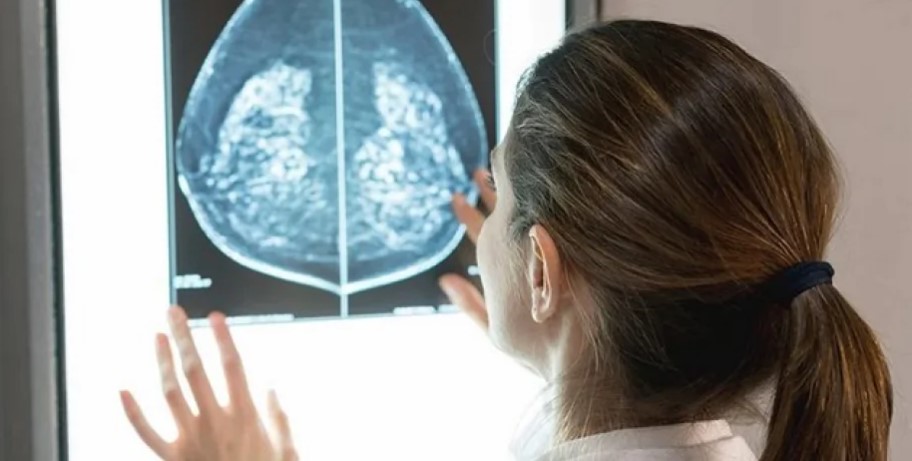
Doctors achieve a breakthrough in the treatment of inoperable cancer: hope for victory over a deadly disease
The study gave a child with an incredibly aggressive form of cancer the opportunity to survive and defeat the deadly disease, opening a new stage in the fight against dangerous diseases.
Scientists managed to do the impossible, winning hope for life against all odds for a Belgian boy with an aggressive form of cancer. Despite the gloomy prognoses that the child would live less than a year, they decided to fight the disease to the last, and in the process managed to perform a huge medical miracle for the little boy, IFLScience writes.
A boy named Lucas faced a terrible enemy from the early years of his life – a deadly brain tumor known as diffuse intrinsic pontine glioma, or DIPG for short. This rare type of cancer, which mostly affects children, had a poor prognosis due to its aggressive nature and complex location in the brain stem, which made surgery impossible. As a rule, the survival rate of children diagnosed with VLPD was less than a year.
But then a fateful study called BIOMEDE started. In it, scientists proposed to take a different path. Instead of the usual one-size-fits-all approach, they took a sample of each patient’s tumor to understand its unique characteristics and select a specific treatment method suitable for this type of cancer. Lucas, among 233 other brave children, became a participant in this study, which essentially saved his life. He was treated with a drug called Everolimus, which was selected specifically for him, taking into account the molecular composition of his tumor.
Today, Lucas is a proof of human genius, ingenuity and victory over a terrible disease. At the age of 13, he forgot what cancer was, which is almost unheard of in the fight against VLPD. The tumor that once threatened his life disappeared, amazed doctors and researchers. Dr. Jacques Grill, the lead researcher of BIOMEDE, said that while some of the children in the study lived years beyond the prognosis, Lucas is the only one whose tumor disappeared completely. This incredible result is nothing more than direct evidence of the potential of personalized medicine, when treatment is tailored to a person’s genetic profile.
Lucas’s story is a beacon of hope for those struggling with DME and a testament to science’s relentless pursuit of new, sometimes seemingly impossible medical advances. A rare mutation found in Lucas’ tumor made it particularly susceptible to everolimus, which explains why some patients respond better to certain treatments than others. This knowledge formed the basis for the next stage of research, BIOMEDE 2.0, and the development of cancer organoids. These laboratory-grown cells mimic the genetic abnormalities of patients’ tumors, opening a new frontier for ongoing testing and development of treatments without relying on the presence of disease in humans.
However, as Dr. Grill notes, it can take more than a decade to turn a promising discovery into a widely available treatment. Such a long period of time only emphasizes the importance of continuing research and supporting scientific endeavors to save millions of lives.

